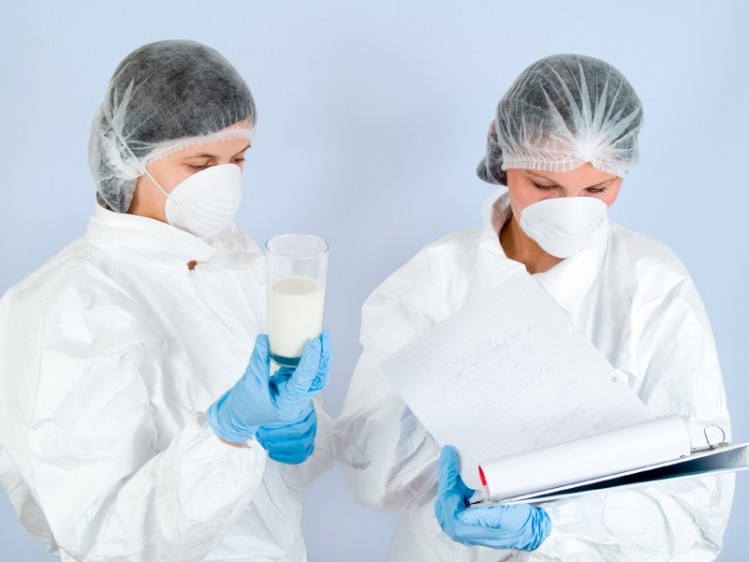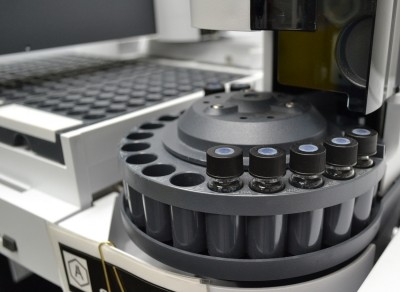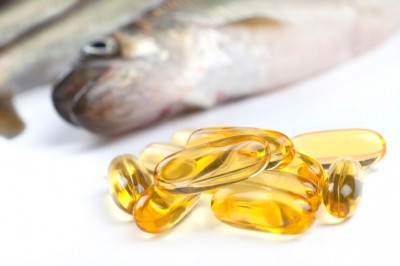Special edition: Outsourcing
Is a lack of GLPs for supplements a hindrance for the testing industry?

“The issue of GLPs is difficult to put in place for the supplement industry,” said Ed Wyszumiala, president of Wysz Consulting Solutions. “There are best practices that should be in place in any lab, but I think we are still far away from implantation of GLPs.
“Testing supplements is complicated, especially for third party laboratories. There is not to my knowledge a single lab which is an expert in testing all ingredients used in dietary supplements, let alone blends and finished product formulations. Complex product matrices, lack of monographs and reference materials are all challenges facing laboratories.”
“GLPs refer to a different code of federal regulations and not dietary supplements,” explained Elan Sudberg, CEO of Alkemist Labs. “Ultimately I think it is a hindrance in terms of assuring quality across the labs. Having GLPs written by the dietary supplement industry for the dietary supplement industry would certainly be a feather in our cap and only add credibility.
“We (the dietary supplement industry) work in a highly regulated industry that dictates we either send samples for testing or test them ourselves. The basic guidance is that such tests must be scientifically valid. In that lives great opportunity for interpretation that spans the good the bad and the ugly. GLPs could help mitigate the ‘appeal to ignorance’ logical fallacy that many companies use to cut corners with inferior test methods and standards of testing.”
Look for pharmaceutical standards?
GLPs are not mandatory since GMPs require only Certificate of Analysis in many instances, explained Nandakumara Sarma, PhD, director of dietary supplements, U.S. Pharmacopeial Convention (USP). “The lack of GLPs is not a hindrance in terms of assuring quality across labs, provided suitable quality systems are adopted the testing labs,” said Dr Sarma. “One such system is the ISO 17025 accreditation, which demonstrates that the testing and calibration laboratories operate a quality system, are technically competent, and are able to generate technically valid results.”
While there may be no GLPs specific to supplements, it’s more important to perform a quality audit on the contract lab than it is to have all labs trying to comply with specific standards for each industry, according to Karen Letourneau, technical programs manager for POS Bio-Sciences.

And the FDA does have GLPs that apply to any testing labs, noted Darryl Sullivan, director of scientific and regulatory affairs for Nutritional Chemistry and Food Safety at Covance Laboratories. “If a lab has performed testing under FDA GLP, then they have been audited by FDA, and you can obtain copies of this audit report,” he said. “FDA GLP is one of the strictest protocols in the laboratory industry, and if a lab is in compliance with this, I would rate them much higher than many other labs.”
Growth
With GMP compliance comes greater opportunities for third party analytical lab, and the third party testing business is growing significantly, said Sullivan. “Many manufacturers, even they have an in-house lab, cannot keep up with the testing volumes that are needed to comply with FDA GMP’s,” he said.
The rising tide lifts all ships, as they say, and Sudberg is seeing growth across the sector. Alkemist Labs has seen 20-30% growth each year for nearly a decade straight, he said, while his cooperative rivals are growing as well. New labs are also showing growth, he noted.
The wide scale growth in testing can only help the industry going forward, added Wyszumiala. “With more qualified professionals performing testing on supplements and ingredients, industry is sowing the seeds for the bettering of our analytical capabilities in the coming years.”
Different labs are seeing specific growth in different areas, depending on their expertise. POS Bio-Sciences, for example, is seeing growth in nutritional lipid analysis, as well as natural antioxidant analysis such as polyphenols, anthocyanins, isoflavones and astaxanthin, said Letourneau.
From the perspective of William Rowe, President & CEO, Nutrasource Diagnostics Inc., the real growth area is for dietary supplement companies to properly characterize their formulas and ingredients using a pharmaceutical approach.
“In addition to establishing more product novelty and control quality to a greater extent, this allows them to further investigate the medical food, biotech and pharmaceutical pathways and applications of their material.”
Covance’s Sullivan is seeing growth in botanical testing and nutritional testing (including vitamins, minerals, and lipids), while safety testing is also on the rise (both microbiological and chemical safety).
Finished product testing
Another key area for dietary supplements is finished product testing, and the FDA has shown the industry through 483s that it is paying attention to the category of finished products, said Sudberg.
“While their exact policy is foggy, proving what is on the label is actually in the bottle means developing methods for these custom products,” he said.

USP’s Dr Sarma said that a reading of the warning letters from FDA GMP inspections show that majority of the issues is related to improper private quality specifications. “This could be minimized by adoption of public standards from USP that are generated through credible and science-based methods. About 500 monographs and 260 reference standards are available from USP for most of the top 100 dietary ingredients and dietary supplements.”
Many more validated and scientifically sound methods for the analysis of finished products are still needed, said Sullivan. There’s hope on the horizon, with NIH-ODS sponsoring a major program with AOAC International to validate methods of analysis for supplement raw material and finished products, he said.
“It is clear that simply applying a gingerol method to assess the gingerol content in a complicated finished is no longer fit for purpose,” said Alkemist’s Sudberg. “Still thousands of products sit on store shelves with unverified constituent levels. Time will tell if FDA makes this area a focus. In the meantime I think their hands are full just getting ID testing accepted.”
The seals…
So what about the verified/certified seals for products being offered by some laboratories? It seems that the experts were torn on these.
Nutrasource’s Rowe rates them highly, noting that they are “very important to consumers, retailers and the entire supply chain.
“When properly communicated, they assist the consumer in making informed choices for themselves and their household. It is the new era of consumer sophistication with access to more information than ever before, and these programs assist in helping consumers qualify products for use.”
Covance’s Sullivan is less convinced, however. “These certification programs have some value, but I do not believe that the consumers understand these well enough to see them as important.”
And Proliferation of seals that are based on private specifications and from labs that do not follow internationally accepted practices (such as ISO 17025) could potentially confuse the consumers, according to USP’s Dr Sarma. “Seals of certification or verification are only as good as the analytical methods that the seals are based on.”
Alkemists’ Sudbergsaid that, while he has seen such seals on some of the best products in the market, he’s also seen them on some of the poorest quality products. “Overuse/misuse of these seals makes it challenging for them to maintain their value. The consumers don’t buy electronics because of the UL symbol in the background. It’s just there. It’s as if it always has been. Marketing to the end consumers is an enormously expensive undertaking and I am not sure any one lab in this industry has it in them to make it worth their while.”









